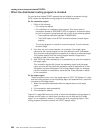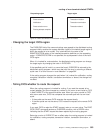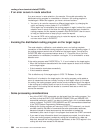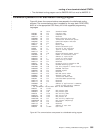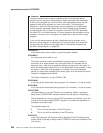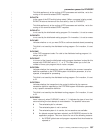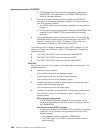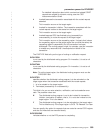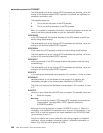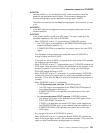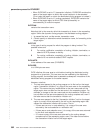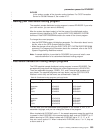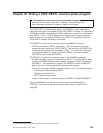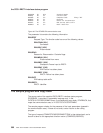This field applies only to the routing of BTS processes and activities,
not
to the
routing of non-terminal-related START requests. Its contents are significant on
transaction termination calls.
The possible values are:
Y This is the final activation of the BTS process.
N This is not the final activation of the BTS process.
When it is invoked at transaction termination, the routing program could use the
value of this field to decide whether to end any transaction affinities.
DYRPROCID
is the CICS-assigned, 52-character identifier of the BTS process to which the
activity being routed belongs.
This field applies only to the routing of BTS processes and activities,
not
to the
routing of non-terminal-related START requests.
DYRPROCN
is the name of the BTS process to which the activity being routed belongs.
This field applies only to the routing of BTS processes and activities,
not
to the
routing of non-terminal-related START requests.
DYRPROCT
is the process-type of the BTS process to which the process or activity being
routed belongs.
This field applies only to the routing of BTS processes and activities,
not
to the
routing of non-terminal-related START requests.
DYRPRTY
is not used by the distributed routing program. On invocation, it is set to zeroes.
DYRQUEUE
identifies whether or not the request is to be queued if no sessions are
immediately available to the remote system identified by DYRSYSID.
This field is not used by the distributed routing program. On invocation, it is set
to 'Y'.
DYRRETC
contains a return code that tells CICS how to proceed. The possible values are:
0 Route the request.
Non-zero
Do not route the request. CICS treats BTS processes and activities as
“unserviceable” (see page 580). START requests receive the
SYSIDERR condition.
Whenever the routing program is invoked, DYRRETC is set to ‘0’. When it is
invoked for route selection or because an error occurs in route selection, if you
want CICS to route the request to the region specified in the DYRSYSID field,
you must leave it set to ‘0’.
You do not need to set a return code when the routing program is invoked for
notification, routing complete, transaction initiation, transaction termination, or
abend. (Any code you set is ignored by CICS.)
parameters passed to DFHDSRP
590
CICS TS for OS/390: CICS Customization Guide
|
|
|
|
||
||
|
|
|
|
|
|
|
|
|
|
|
|
|
|
|
|
|
|
|
|
|
|
|
|
|
||
|
|
|
|
|
|
|
|
|
|
|



